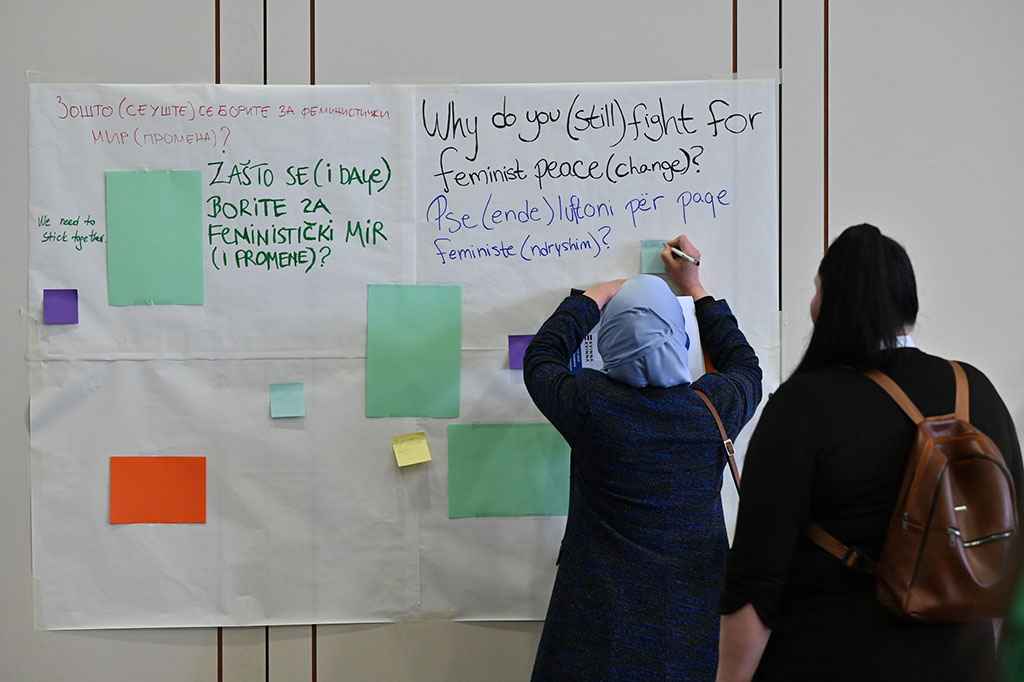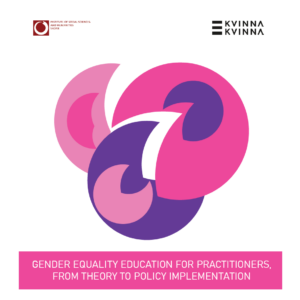Gender equality training for young civil and public sectors practitioners in Western Balkans
The need to educate new generations of practitioners about women’s rights and gender equality, and how to best put the knowledge into practice, in line with fostering democracy and EU values in the Western Balkans persists.

Supporting gender equality and women’s rights in the Western Balkans, The Kvinna till Kvinna Foundation, together with the Institute of Social Sciences and Humanities, Skopje, North Macedonia has launched the programme “Gender Equality Education for Practitioners—from Theory to Policy Implementation”. The training programme is financially supported by the Swedish Institute, within the “Swedish Institute Academy for Young Professionals (SAYP) Western Balkans” educational programme.
Purpose of the initiative
The Gender Equality Education initiative will allow young professionals from the Western Balkans to connect, exchange key knowledge and experiences among each other and with experienced gender equality experts, and practitioners from Sweden, North Macedonia and the entire region of Western Balkans. It is a regional and international experience exchange opportunity, key to the education of a younger generation that can foster positive change for women’s rights in the Western Balkans, helping reinforce democratic values, on the region’s path towards EU accession. 
The programme is driven by the current challenges with gender equality in the Western Balkans and the need to use expertise and knowledge to counteract the negative effects on human rights and democracy in the region. It is intended for young policy makers, civil society representatives, as well as civil service officials from the six Western Balkan countries (Albania, Bosnia and Herzegovina, Kosovo, Montenegro, North Macedonia and Serbia).
Structure of the programme
The programme is organised in three hybrid modules (both in-person and online). The first module will have a total of 10 sessions, combined with mentoring. It started on June 7 and will continue until end of October this year. The programme is hosting 23 participants from all six Western Balkan countries, comprising 14 representatives from civil society organisations and 9 public sector servants.
The second module is scheduled for spring 2025 and a summer school in Stockholm, Sweden, as the third and last programme module. The aim is to prepare the participants to successfully advocate for the establishment of gender equality in the environments in which they work and operate.
“This collaborative academic initiative between Sweden and the Western Balkans is an amazing opportunity for the two sectors; public and civil society to meet on neutral grounds and build important connections and collaboration, in hopes that the new generation can bring the sectors closer, in joint efforts to change the situation for better, for women in the Western Balkans,” says Ristin Thomasson, Regional Director for the Western Balkans.